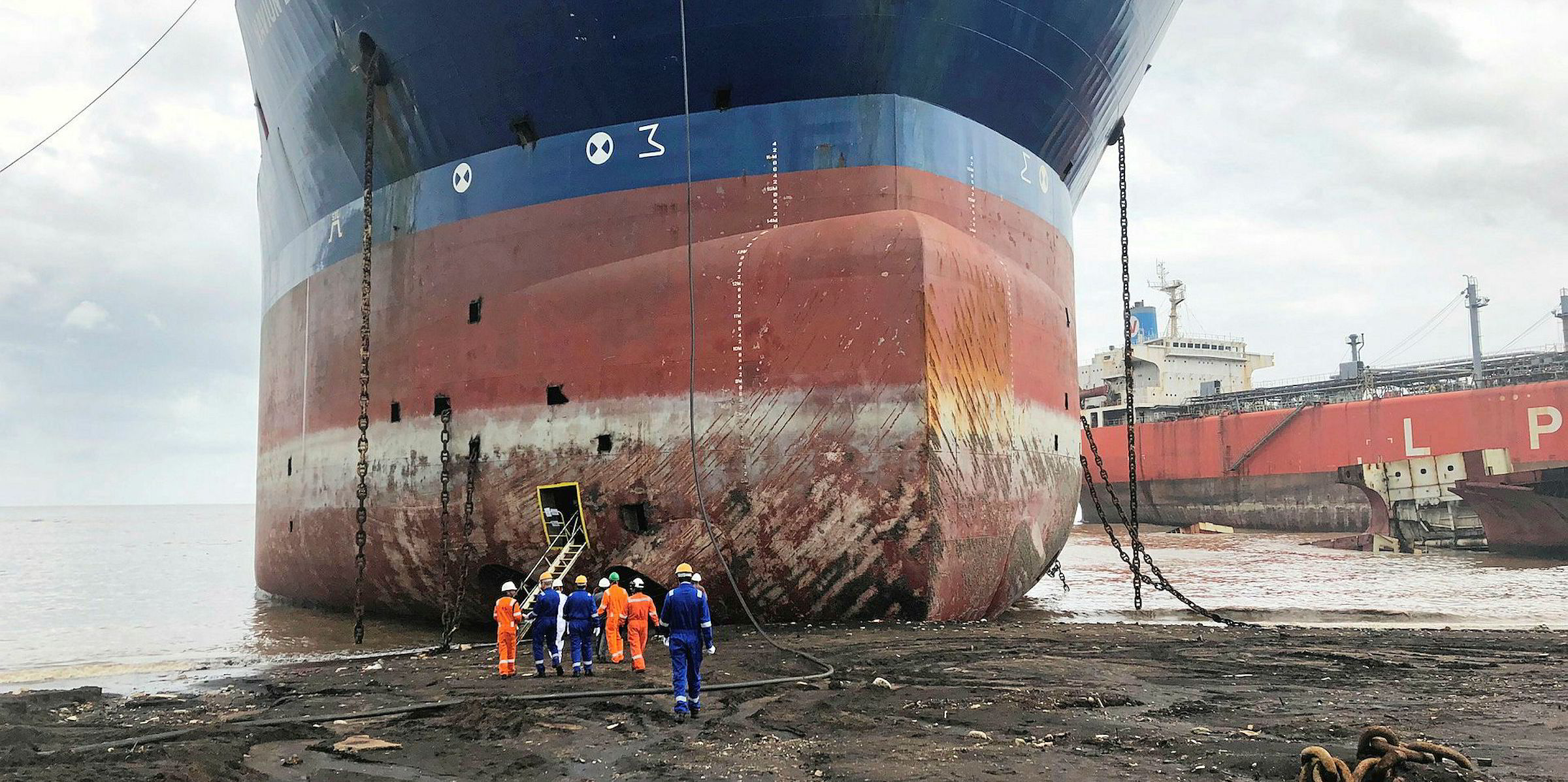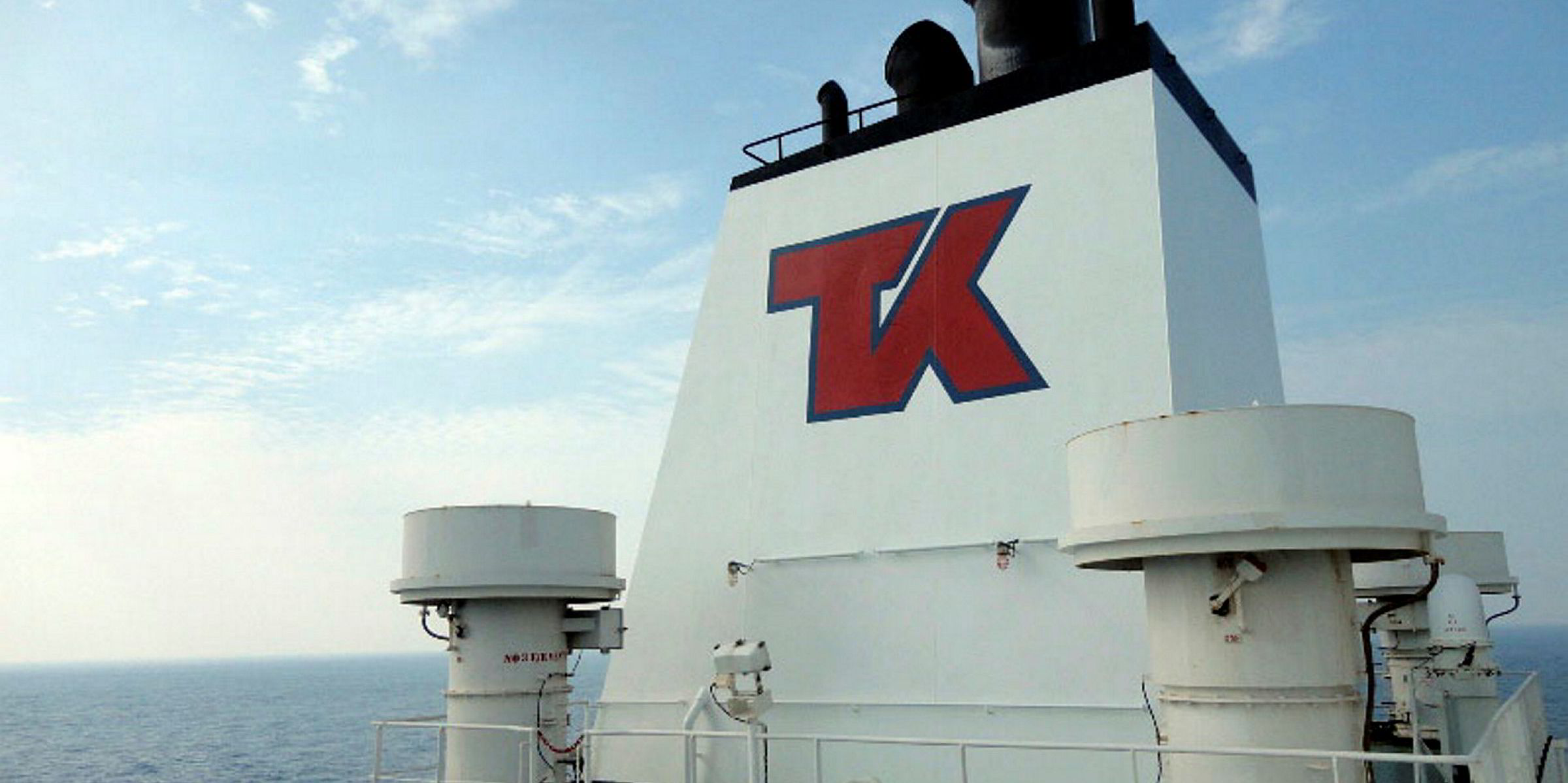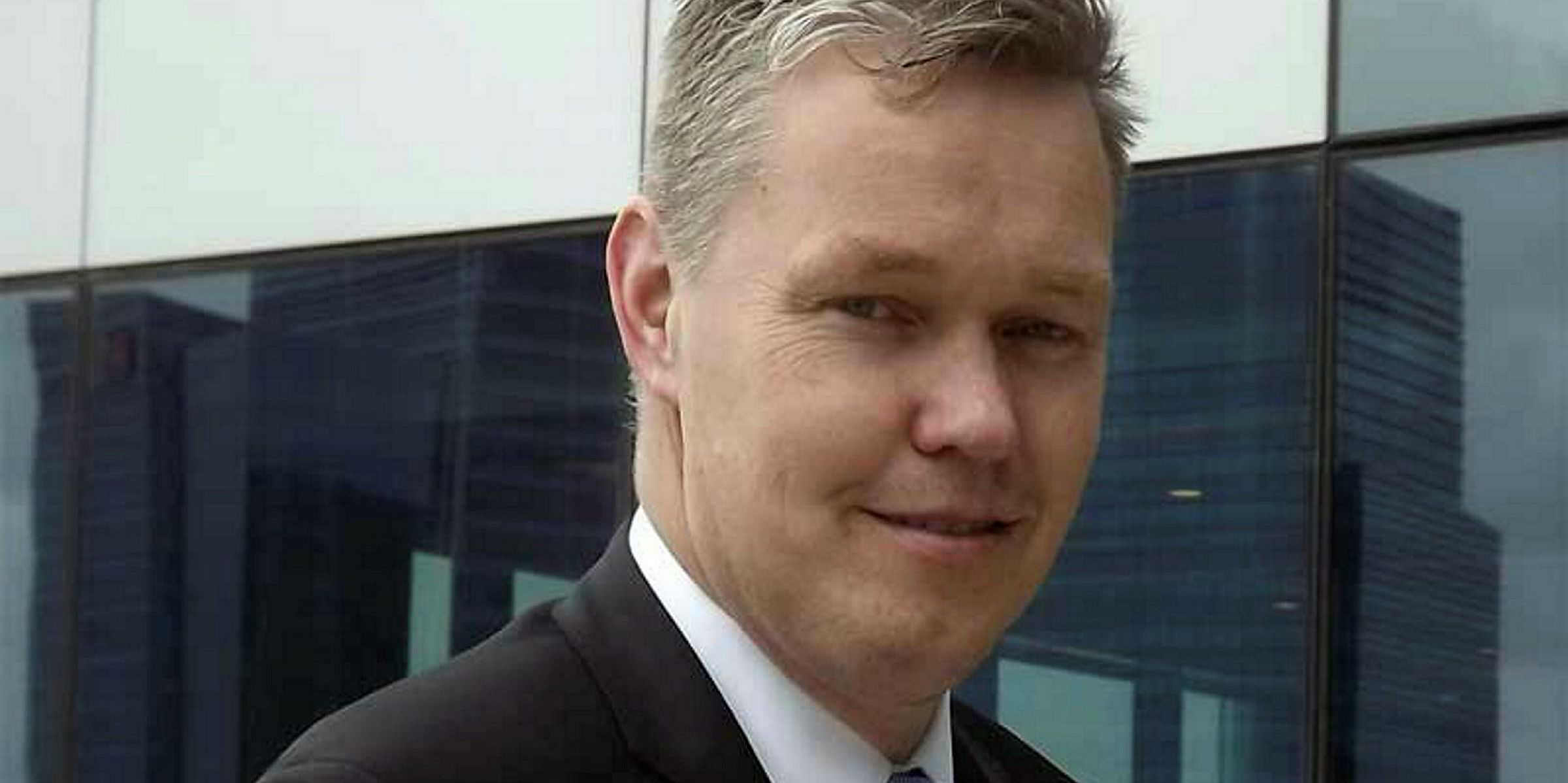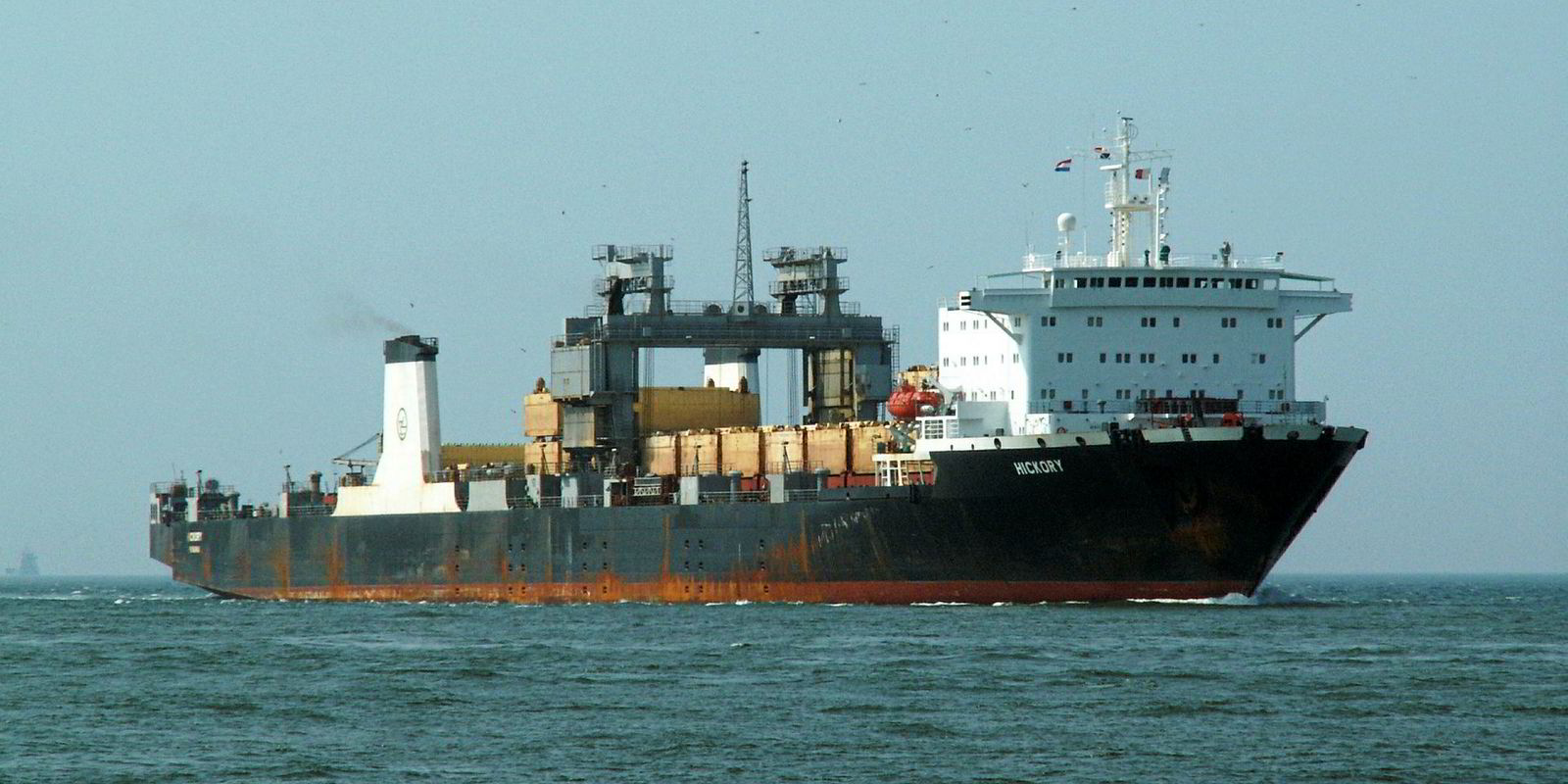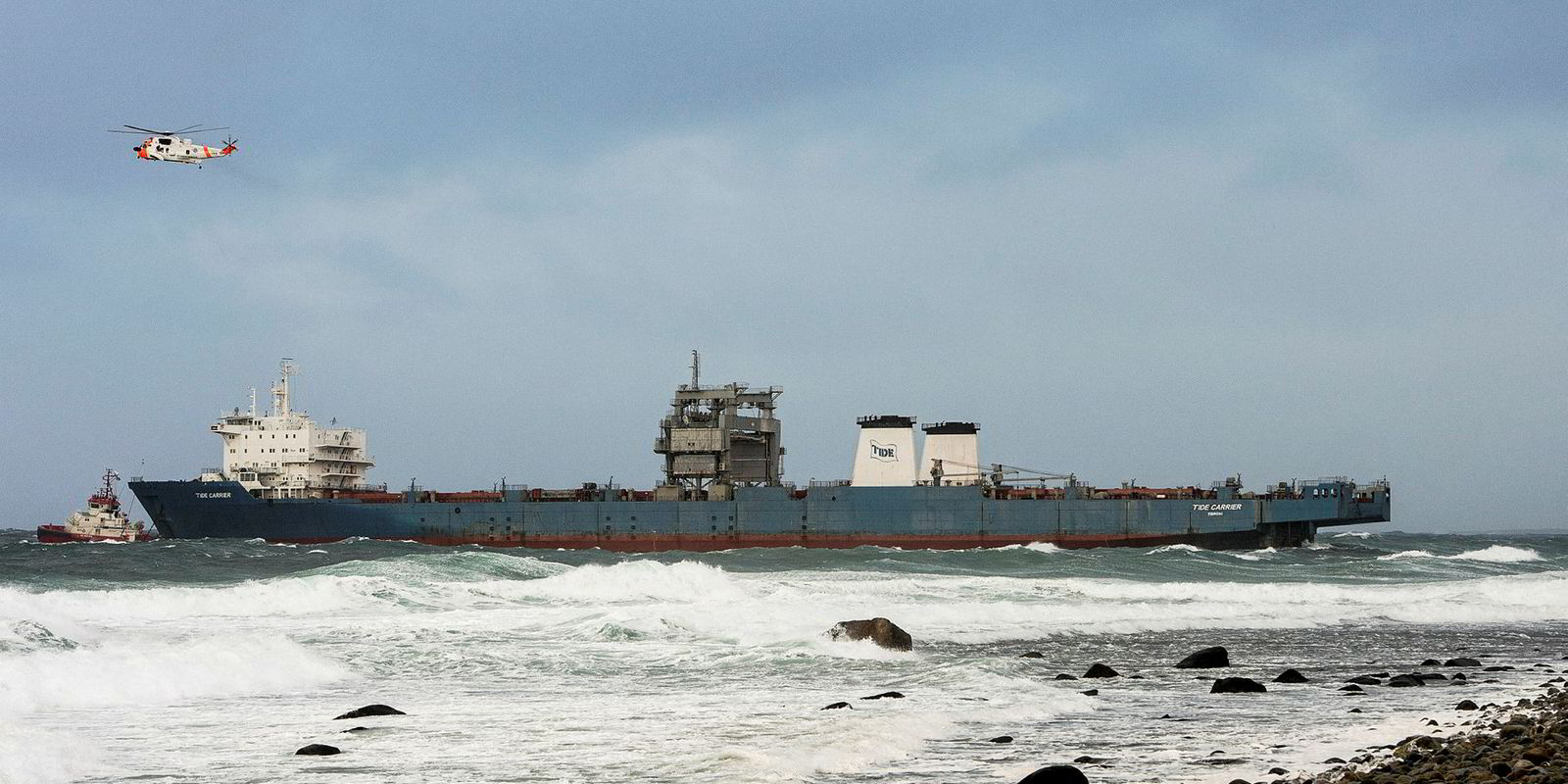Norwegian authorities have raided one of Teekay Offshore Partners’ subsidiaries for suspected violation of environmental regulations over the scrapping of a shuttle tanker on a beach in India.
In an emailed statement, Norway’s National Authority for Investigation and Prosecution of Economic and Environmental Crime (OKOKRIM) confirmed it had conducted searches and interrogated witnesses in Teekay Shipping Norway's office in Stavanger.
The Norwegian Environment Agency has notified the subsidiary that it is suspected of “illegal export of waste in the form of the ship Navion Britannia,” OKOKRIM’s acting state attorney Maria Bache Dahl said.
In 2018, Teekay Offshore sold the 124,000-dwt shuttle tanker Navion Britannia (built 1998) — then flagged in Panama — for demolition at RL Kalthia Shipbreaking in Alang.
While still adopting the so-called “beaching” method, RL Kalthia was one of the first Indian shipbreakers certified under the IMO’s Hong Kong International Convention for the Safe and Environmentally Sound Recycling of Ships.
“We can confirm that we had a raid today and that the Navion Britannia was sent for recycling in full compliance with the requirements and standards of the Hong Kong Convention,” Teekay Offshore told TradeWinds in an email.
“We are very proud of our responsible recycling practices, and we firmly believe that we have followed all rules and regulations in the related export and recycling processes.
“As a responsible operator, we are open and transparent about our practices and have nothing to hide.”
Since last May, Teekay Offshore has sold a total of four shuttle tankers built between 1998 and 2001 for recycling.
'Beaching' method
In the Indian subcontinent, where most of the world’s shiprecycling activity takes place, workers generally dismantle vessels on the beaches while labour and environmental standards can be poor.
Norway is one of the most vocal countries in opposing the practice. However, some recycling players, such as cash buyer GMS, have argued that “beaching” can be done in a responsible way when shipbreakers improve waste management and work safety.
Dahl said the investigation is still at an early stage.
“We have to evaluate the materials we gathered,” she said.
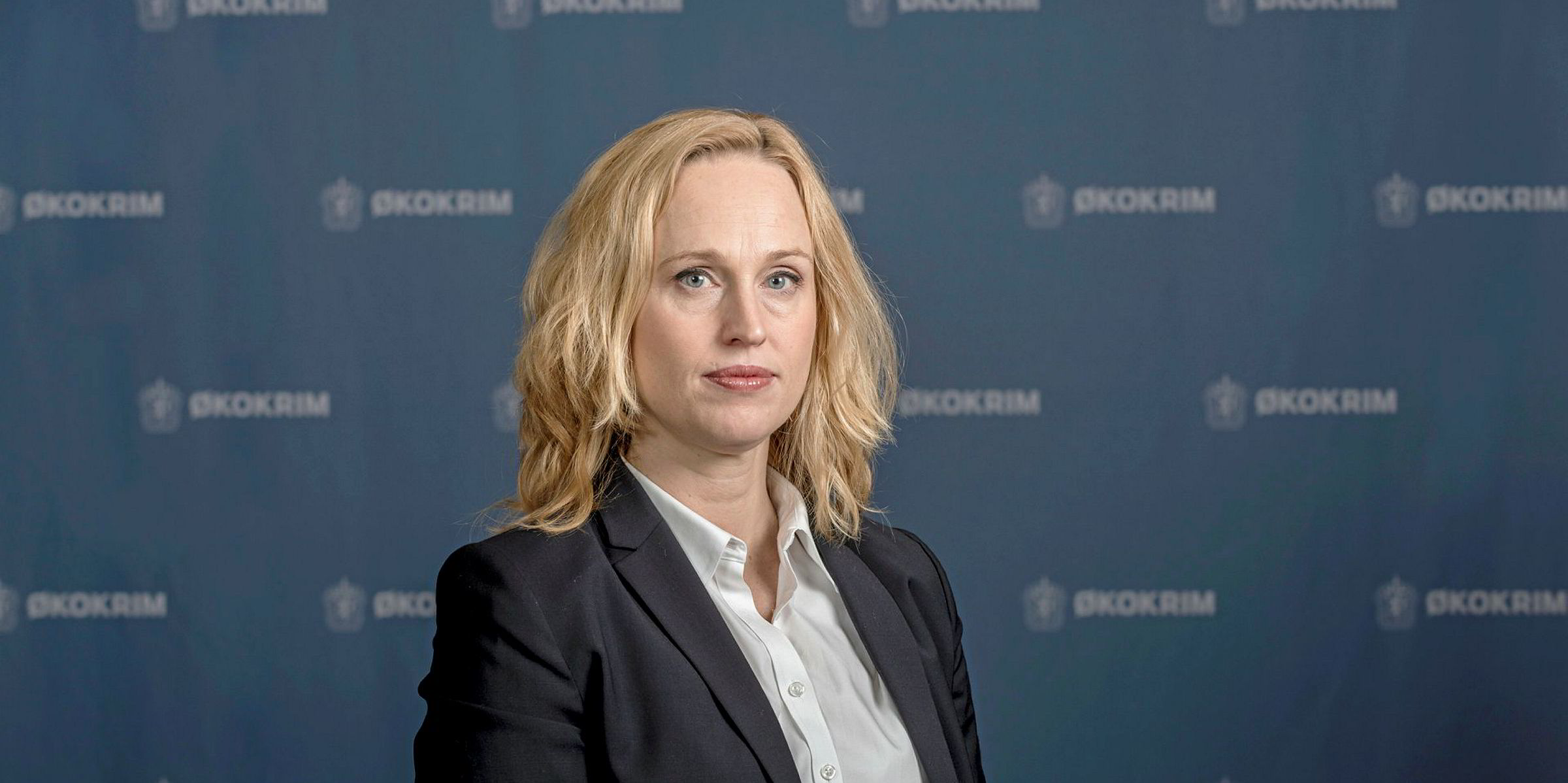
The European Waste Shipment Regulation, which also applies to Norway, requires non-European Union-flagged ships whose last ports of call are in Europe to be recycled within OECD countries.
European owners often meet this rule by selling the ships to cash buyers, who reflag the vessels before recycling. However, after a Dutch judge deemed Seatrade guilty of selling four reefers via a cash buyer to non-OECD shipbreakers in 2018, some lawyers have suggested more European judges may consider such circumvention illegal.
Data from VesselsValue showed the Navion Britannia left the Norwegian terminal of Mekjarvik in March 2018 for Trincomalee, Sri Lanka. The vessel anchored at the Sri Lankan port before sailing to Colombo, where it stayed for about a month. It embarked on its final voyage to Alang in July of that year.
The Equasis database suggested Teekay Shipping Norway was the ship’s manager until June 2018. Its final registered owner was Karatal Shipping, which shared the same address as Nabeel Shipmanagement.
The scrap sale occurred when Teekay Offshore was undergoing a corporate shake-up.
The New York-listed master limited partnership was originally sponsored by Canadian energy shipping giant Teekay Corp. In July 2017, Toronto-based private equity Brookfield took a position in Teekay Offshore, recapitalising the partnership in exchange for a 60% stake.
Its ownership grew to 77.1% in May 2019 after buying out Teekay Corp for $100m.
Earlier this month, Teekay Offshore announced a Brookfield-led consortium is taking the partnership private after further share acquisitions. The partnership will be renamed Altera Infrastructure from 24 March this year.
